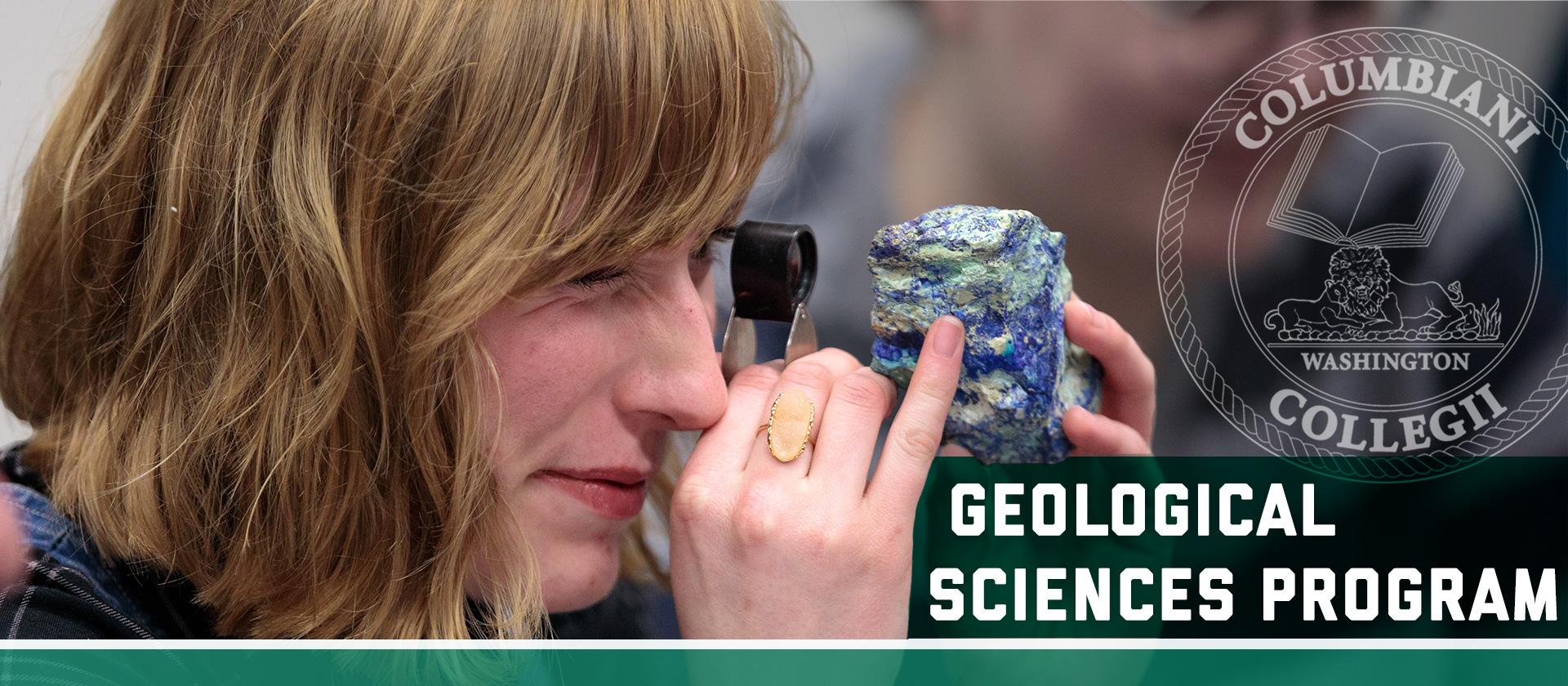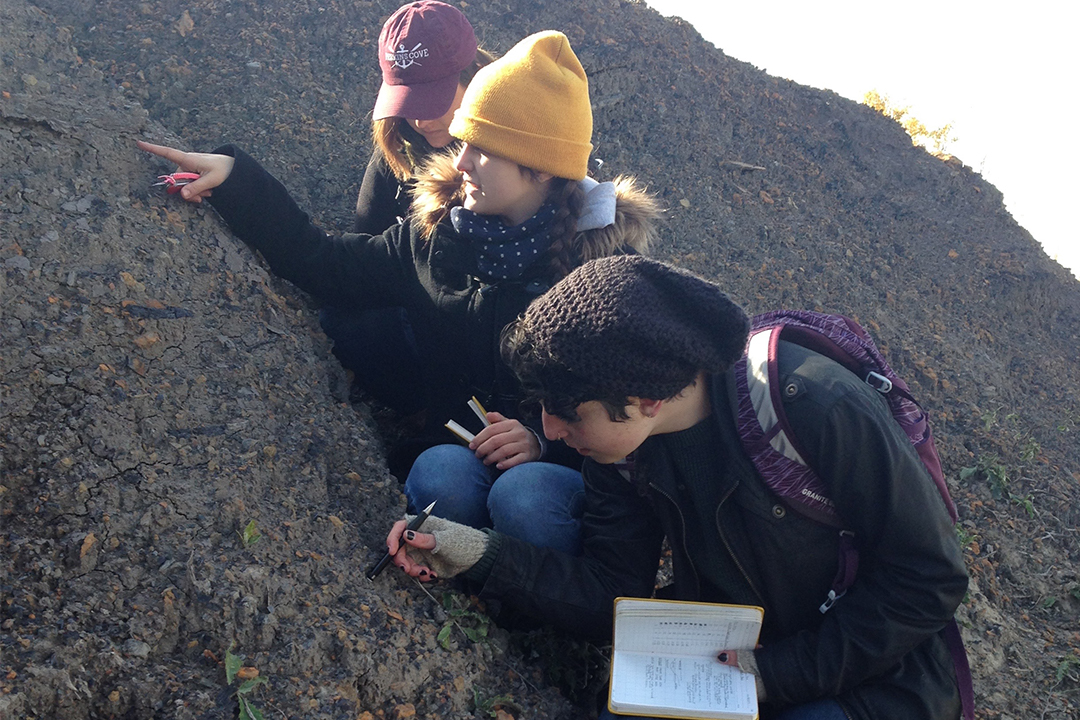Home
scientists of the earth
exploring the structure, processes and history of our planet.
Who We Are
Geology is a science that affects our daily lives, from the neighborhoods we live in to the water we drink to the beautiful landscapes we visit. Through rigorous academics and extensive research opportunities, students in the George Washington University Geological Sciences Program gain the knowledge and experience required to become experts on Earth and stewards of its future.
Whether they are gathering millions-year-old volcanic rock samples in Yellowstone or preparing samples of minerals in the Rock Cutting Lab, undergraduate students gain hands-on experience on what it means to be a geologist. Located in Washington, D.C. — home to one of the country’s highest concentrations of geologists — and just hours away from rich geological fieldwork sites, students have all the resources they need to prepare for success in the working world.
Multifaceted Learning
In the Classroom
The Geology Program offers two major options and a minor. All three undergraduate programs incorporate core material in geological concepts as well as flexible elective requirements.
In the Laboratory
Developing lab research skills is a foundational part of the academic program. Potential research topics include dinosaur anatomy, metavolcanic rocks, geologic mapping and geochemical studies.
In the Field
Students learn the methods and techniques behind productive field research on excursions to the Atlantic Coastal Plain, Appalachian Piedmont, Appalachian Mountains and beyond.
"I chose geology as a major because I got to travel for classes and research, and because there are lots of jobs for well-trained geologists. In the past five years, I have worked in the Blue Ridge Mountains of Virginia, southern France, Portugal, Ethiopia, the western United States and Kenya."
Lauren Michel
BS '06







